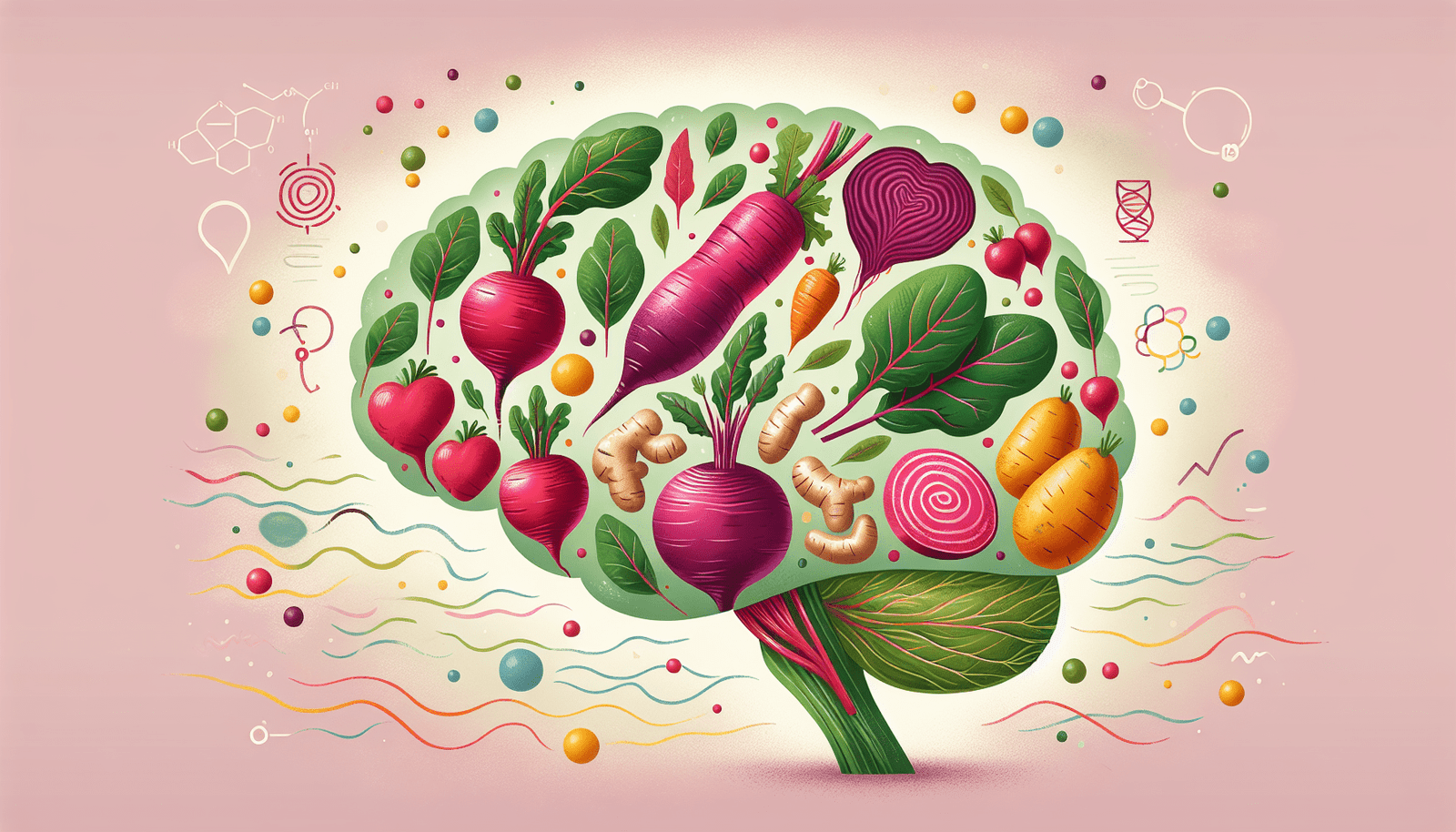Have you ever wondered how the foods you eat might influence not only your physical but also your emotional well-being? Oxalates, naturally occurring compounds found in many foods, have been a topic of interest among health professionals for their potential impact on both physiological and hormonal health. This article delves into how oxalates interact with your hormonal system and examines their potential effects on your emotional state.
Understanding Oxalates
Oxalates are organic compounds found in a variety of plants and are byproducts of human metabolism. While they are naturally present in many foods, their role in nutrition and health is complex. Oxalates can bind to minerals to form compounds, including calcium oxalate. These compounds can affect your body in various ways depending on your dietary habits and genetic predispositions.
Sources of Oxalates
Foods rich in oxalates are typically plant-based. Understanding these sources can help you make more informed dietary choices. Common sources include:
- Spinach: A leafy green high in many nutrients but also renowned for its oxalate content.
- Rhubarb: Known for its tart flavor, it contains significant oxalate levels.
- Nuts and seeds: Particularly high in almonds and sesame seeds.
- Other vegetables: Like beets, potatoes, and certain beans.
Here’s a simplified table that illustrates the oxalate content in some common foods:
| Food Item | Oxalate Content (mg per serving) |
|---|---|
| Spinach | 657 |
| Rhubarb | 546 |
| Almonds | 122 |
| Beets | 152 |

The Biochemistry of Oxalates
Oxalates have a unique interaction within the human body. They are both absorbed and excreted, primarily through urine. When you consume foods high in oxalates, your body processes and removes them efficiently most of the time. However, excessive intake or issues with oxalate metabolism can lead to health complications.
Oxalates and Mineral Binding
One of the distinctive characteristics of oxalates is their ability to bind with minerals, such as calcium. This binding can lead to the formation of calcium oxalate crystals. These are the primary components of a type of kidney stone. While not everyone who consumes oxalates will develop kidney stones, those predisposed to this condition may need to monitor their intake.

Hormones and Emotional Health
Your hormonal health is crucial as it governs a wide range of body processes, including your emotional state. Hormones like serotonin, dopamine, and cortisol play pivotal roles in regulating mood, stress response, and overall emotional well-being. Understanding the interaction between oxalates, hormonal health, and mood can provide deeper insights into daily emotional fluctuations.
Hormones Affected by Oxalates
Some research suggests that oxalates can influence hormonal balance. The mechanisms, while not fully understood, are thought to involve nutrient competition and interference with hormone synthesis processes. Notably, the following hormones might be affected:
- Thyroid hormones: As oxalates can interfere with iodine absorption, potentially affecting thyroid function.
- Sex hormones: Estrogen levels can be influenced by oxalate-induced mineral imbalances.
- Cortisol: Stress levels might be impacted due to downstream effects on adrenal function.
Emotional Symptoms Linked to Hormonal Imbalance
When your hormonal levels are imbalanced, the emotional repercussions can be significant. Symptoms might include:
- Mood swings
- Anxiety
- Depression
- Irritability
These conditions can exacerbate feelings of discomfort and affect day-to-day functioning.

Intermediary Role of Microbiome
The human microbiome, a collection of trillions of bacteria residing in your gut, plays an intermediary role in how oxalates affect hormonal health. Certain gut bacteria, like Oxalobacter formigenes, can degrade oxalates, potentially reducing their impact on your body. A healthy and balanced microbiome thus supports optimal processing and elimination of oxalates.
Microbiome Impacts on Hormones
Studies indicate that an imbalanced microbiome can alter hormonal pathways. Good bacteria facilitating oxalate degradation may have upstream effects on hormonal balance, potentially influencing your emotional well-being. Maintaining gut health could serve as a preventative measure against hormonal disruption, mitigating oxalate interference.

Diet, Oxalates, and Emotional Health
Nutritional choices impact both oxalate levels and hormonal health. Modifying your diet might help in managing the oxalate load and its potential effects on your emotional well-being.
Strategies for Managing Oxalate Consumption
There are multiple strategies you can adopt if you are concerned about oxalates:
- Food Preparation: Cooking can reduce oxalate content, making foods safer to consume.
- Diet Variety: Balance oxalate-rich foods with low-oxalate options.
- Calcium Intake: Optimize calcium intake through dietary sources which can bind oxalates in the gut, reducing absorption.
Dietary Considerations for Hormonal Health
To support hormonal balance, consider:
- Nutrient Rich Foods: Foods high in B-vitamins, omega-3 fatty acids, and proteins which are essential for hormone production.
- Hydration: Adequate water intake assists in flushing excess oxalates from the system.
- Probiotics: Sustain a balanced microbiome to support hormonal function.

Conclusion: Balancing Oxalates, Hormones, and Emotional Well-being
The interaction between oxalates and hormonal health is a nuanced field, influencing not just physiological functions but also emotional health. Understanding this relationship can empower you to make diet and lifestyle choices that better support your overall well-being.
While oxalates do have a place in a balanced diet, awareness and management of their intake can minimize potential negative impacts on your hormonal balance and emotional state. By focusing on holistic health, you can foster a lifestyle conducive to both physical and mental well-being.
In conclusion, your approach to managing oxalate intake should be balanced, considering both potential benefits and drawbacks. The goal is to harmonize your diet with your body’s unique requirements, promoting not only physical health but also emotional health and a more stable mood.

